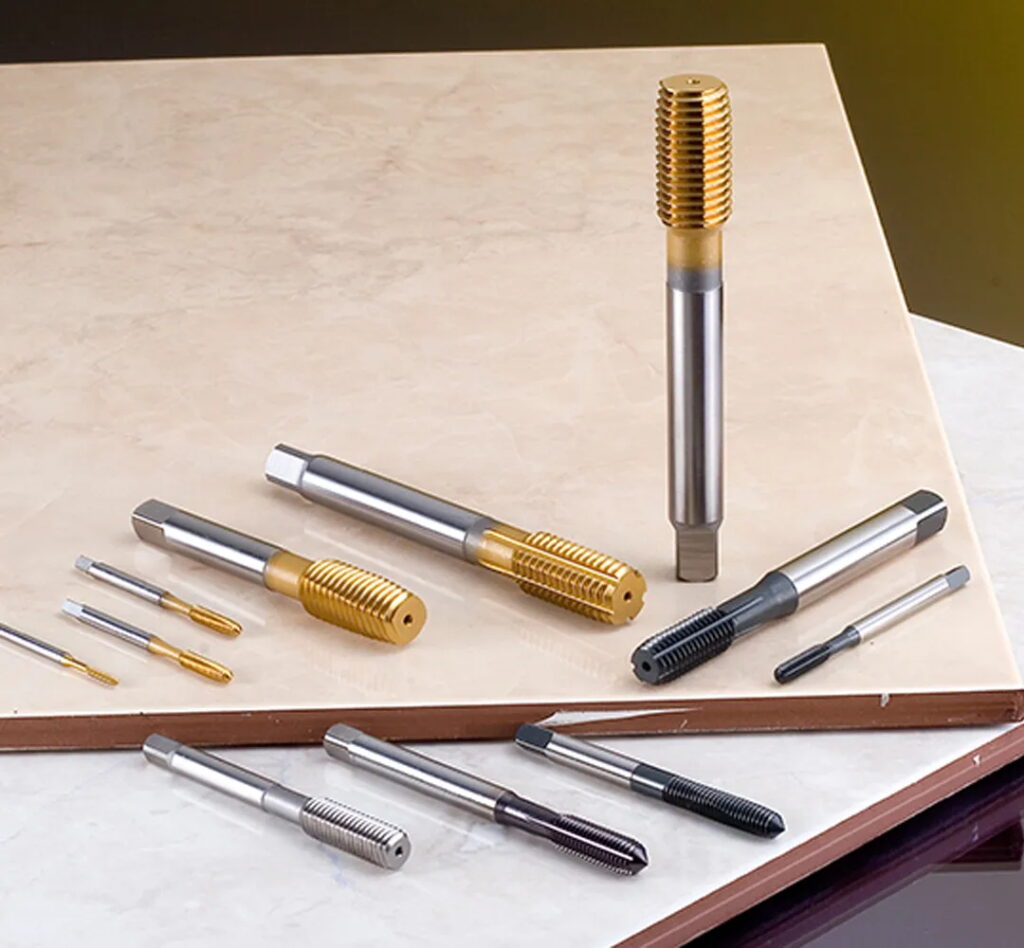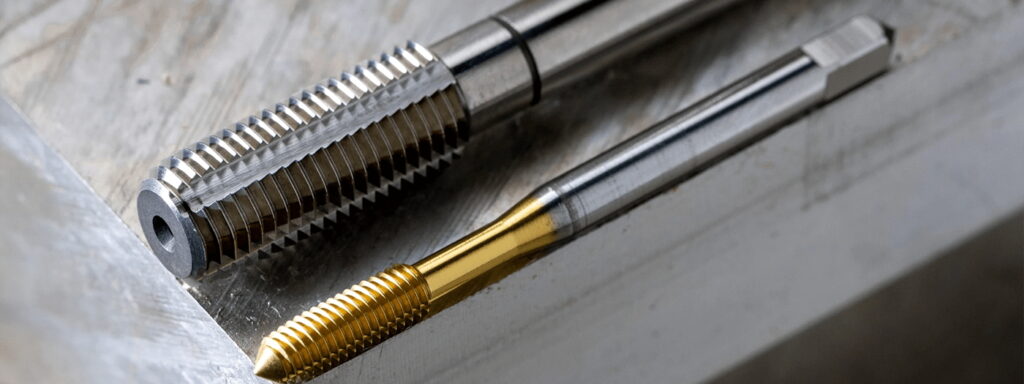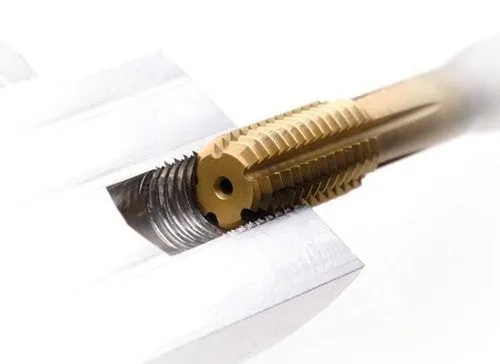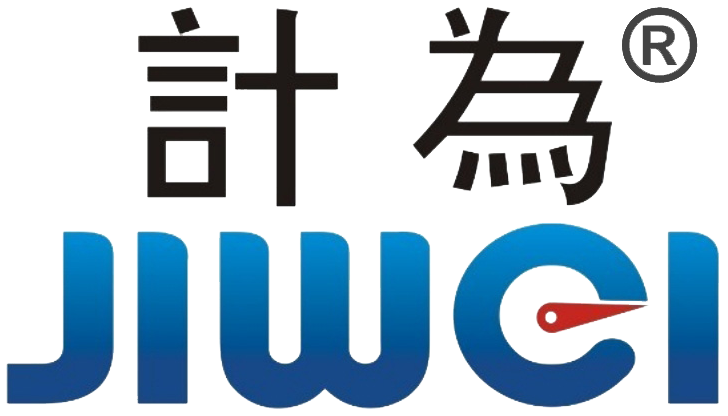Elevating Quality and Durability: Chipless Tap Technology for Advanced Level Switches
Chipless tap, also known as extrusion tap, is an advanced threading tool based on the principle of metal plastic deformation for internal thread processing. Unlike traditional cutting taps, chipless taps form internal threads by extruding the metal inside the hole with the tap’s thread profile, deforming the metal to fill the tap grooves and complete the thread. This process produces no chips, and the tap’s groove-free middle section significantly enhances processing strength and stability.

1. Working Principle and Suitable Materials for Chipless Taps
Chipless taps are mainly suitable for materials with good plasticity such as aluminum alloys, copper alloys, stainless steel, and low carbon steel. The extrusion forming process produces smooth thread surfaces with precise dimensional control. The continuous metal fibers in the threads form a hardened surface layer, significantly improving thread strength and wear resistance.

2. Core Advantages of Chipless Taps
Chipless Processing Ensures Equipment Stability
Traditional cutting taps generate chips that can remain inside equipment vibration gaps, disturbing sensor vibration frequencies and causing measurement errors. Chipless taps eliminate chip generation, effectively preventing such faults and improving the stability and reliability of measurement instruments.
High Thread Strength and Long Service Life
Extrusion-formed threads feature unbroken metal fibers, offering superior mechanical strength and fatigue resistance. Compared to cutting taps, chipless taps produce threads that are less prone to wear and breakage, extending component lifespan.

High Processing Efficiency and Automation Compatibility
Chipless taps enable high-speed tapping and seamless integration with automated manufacturing systems, greatly improving production efficiency. By eliminating metal chip formation during threading, this technology reduces machine downtime caused by chip removal and cleaning, enabling continuous, faster operation. The precision of chipless tapping ensures consistent and accurate thread dimensions across large production batches, leading to higher product yields and uniform quality.
Furthermore, chipless tapping offers improved process stability that minimizes tool wear and breakage, lowering maintenance needs and extending tool life. This reduces labor costs by decreasing manual interventions and adjustments during manufacturing. The high repeatability and reliability of chipless tapping make it ideal for mass production environments where cost-efficiency and product consistency are essential.
Adopting chipless tap technology allows manufacturers to scale up production and respond quickly to market demands, while maintaining strict quality standards. This optimization of resources enhances the competitiveness of precision instrument components and industrial products like level switches.
3. Application of Chipless Taps in Level Switches
Jiwei Automation’s vibrating tuning fork level switches utilize chipless tap technology for threading the piezoelectric ceramic components on the vibration probe. This prevents chip contamination caused by cutting taps, guaranteeing stable probe vibration and measurement accuracy. Additionally, the smooth, high-strength threads enhance product durability and fatigue resistance, ensuring long-term stable operation.
4. Conclusion
As a highly efficient and reliable internal threading technology, chipless tapping (also known as extrusion tapping) offers numerous advantages over traditional cutting taps. This advanced process eliminates chip formation during threading, ensuring a cleaner and smoother manufacturing environment. The chip-free operation not only prevents contamination but also reduces the risk of damage to sensitive components, especially in precision instruments.
Chipless tapping produces threads with superior mechanical strength and enhanced surface finish. By plastically deforming the metal rather than cutting it, the method preserves the continuity of metal fibers within the thread structure, resulting in improved fatigue resistance and durability. These stronger threads extend the service life of the components, reducing maintenance needs and operational downtime in industrial applications.
This technology also achieves outstanding dimensional accuracy and consistency, critical for the stringent tolerances required in the manufacturing of level switches and other precision measurement instruments. The process supports higher production speeds and greater automation compatibility, increasing manufacturing efficiency and product throughput.
Jiwei Automation has positioned itself as an industry leader by integrating chipless tapping technology into the production of its high-performance tuning fork level switches. This strategic adoption significantly elevates the quality and reliability of their products, setting a new benchmark for domestic instrument manufacturing.
By leveraging chipless tapping, Jiwei ensures its tuning fork level switches deliver accurate and stable measurement performance even in harsh industrial environments. This innovation enhances market competitiveness and supports Jiwei’s mission to provide cost-effective, high-quality solutions that meet the demanding needs of modern automation systems.
Keywords: chipless tap, extrusion tap, level switch threads, high-strength thread processing, Jiwei Automation tuning fork level switch, vibrating tuning fork level switch, internal thread machining, chip-free tapping, wear-resistant threads.

